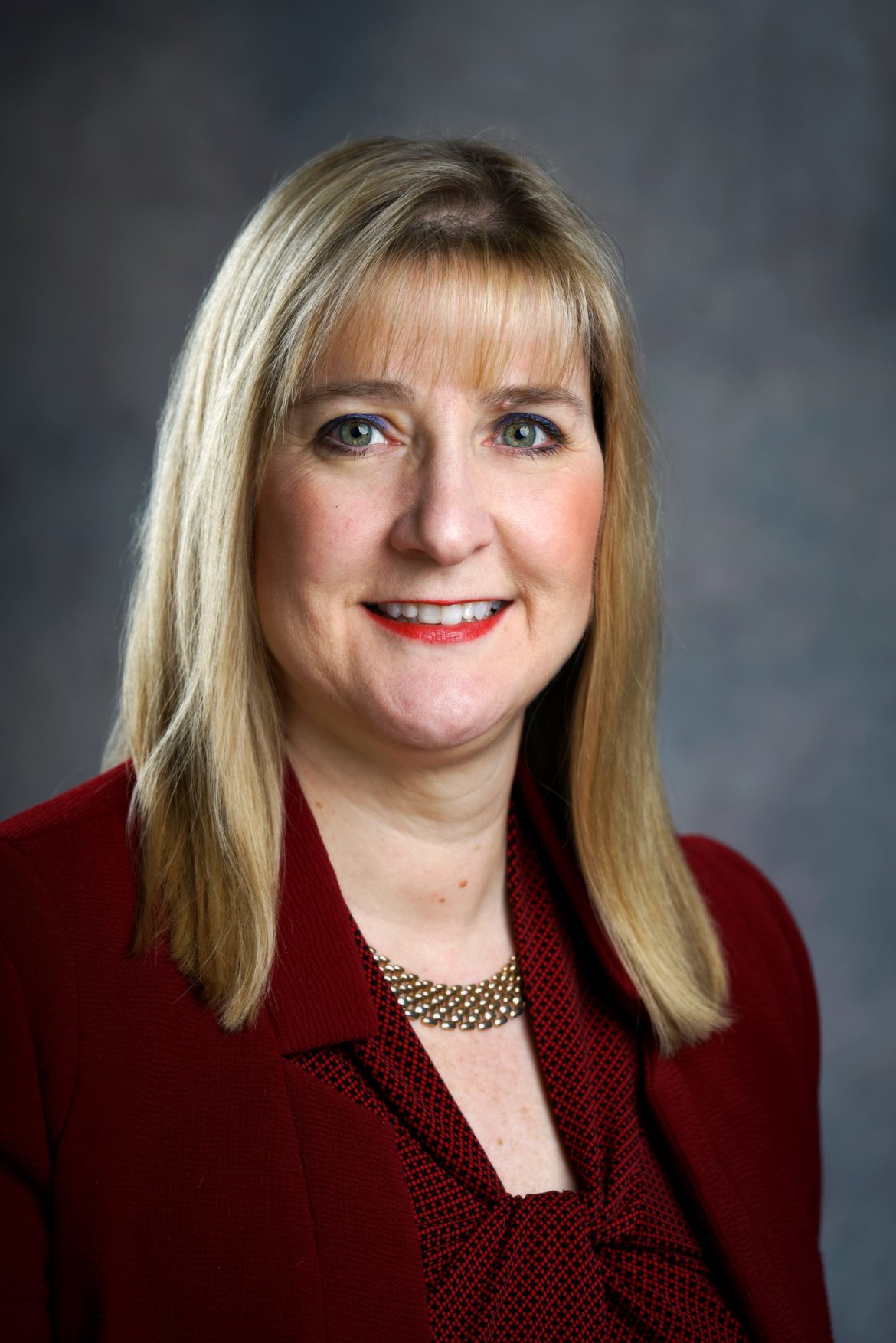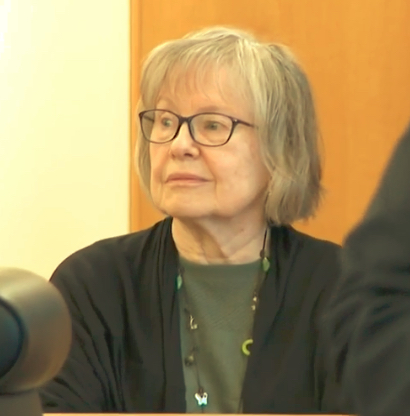By GARRY RAYNO, InDepthNH.org
CONCORD — The legislative committee advising the governor where to spend $1.25 billion in federal COVID-19 relief money believes hospitals and other health-care providers need financial help immediately.
Meeting Wednesday the group worked to refine a document expressing its priorities on spending about $350 million of the federal money immediately in addition to the $250 million in CARES Act money Gov. Chris Sununu has already allocated and other federal programs designed to help with the coronavirus pandemic.
The committee is expected to meet Friday and finalize its initial recommendations along with a cover letter to the governor and continue work on other areas that need addressing.
One of the priorities is help for hospitals and committee members said they want to see the aid distributed as grants rather than the initial $50 million health-care emergency relief fund which has distributed about $18 million in low-interest loans.
“I have a hard time understanding as a state creating loans,” said legislative advisory committee chair Sen. Chuck Morse, R-Salem. “If the money is needed, it should be going out as grants. Banks do loans.”
He noted hospitals need cash not more debt.
Senate President Donna Soucy, D-Manchester, said hospitals need money right now. “The situation is very bleak,” she said. “We need to be much bigger like $100 million or $125 million and they may need $100 million again.”
The group’s document suggested $75 million for hospitals, whose association said they were collectively losing $200 million or more a month because they stopped doing elective surgery and procedures to prepare space and their facilities for COVID-19 patients.
Sen. Lou D’Allesandro, D-Manchester, said he was on a call with hospitals that morning and the negative numbers were staggering.
Morse said he did not know how to develop a system to distribute the money to the hospitals to address the greatest needs because the committee does not have that information,
“All we can do is recommend. We’re not running the show, that is pretty obvious,” he said. “We can draft a document with financials that says here is what we believe and we think needs to happen soon.”
D’Allesandro said they may not know the financial health of all the hospitals, but they do know some things.
“We do know their burden has been significant,” he said. “They have been asked to do certain things, they’ve done that and their burden has been significant.”
It is very clear who is in charge, D’Allesandro said, given what the governor did Friday announcing $40 million in CARES Act funds for cities, towns and counties, and $25 million for front line workers that members of the committee did not know about until just prior to the announcement.
Soucy said she was not saying the committee should decide how the money should be distributed to hospitals, that will be decided by the executive branch, but they do know about half the hospitals applied for money under the first relief program.
Stressing the need to get the money out quickly would be a good first step that would provide hospitals security as they determine which employees to bring back and what procedures to do, she said.
Morse said the hospitals believe April will be their worse month but will not have the financial analysis done before the middle of May, and he expects they will have a better picture at that time. He said he has no problems with stressing the need for quick action, as is the case with many areas.
Outside Help
The committee, like its stakeholders counterpart, believes using the state’s Business Finance Authority to manage the application process, and distribute money to businesses impacted by the COVID-19 epidemic will be more efficient and timely.
The Governor’s Office for Emergency Relief and Recovery executive director Jerry Little told the committee a group is working on a broad proposal for a similar arrangement for non-profits. The group includes the state’s Community Development Finance Authority, the New Hampshire Charitable Foundation and the Center for Nonprofits, and they will request $125 million in CARES Act money, he said.
The proposal will include a wide range from health and social service nonprofits to larger art and cultural facilities, he said.
The document the lawmakers were reviewing allocated $15 million for nonprofits and $5 million for the New Hampshire Food Bank.
House Finance Committee Chair Rep. Mary Jane Wallner, D-Concord, said she believes the $15 million is too low to address the needs of the many different non-profits.
Morse noted the committee heard restaurants say they needed $700 million in funds and hospitals about $200 million a month but the committee is recommending about 15 percent of that in its initial plan and would likely recommend additional spending in the future depending on developments over the next month.
The committee also sought a similar arrangement with an organization to oversee applications and distribution for health-care providers other than hospitals, like nursing homes, long-term care facilities, community physical and mental health centers, primary care providers and dentists.
Wallner said they represent a very large group of organizations with some very small ones that may need a $10,000 grant to larger ones needing several million dollars.
“If we want to get the money out fast, we need to do something like we have done for the profit and nonprofit organizations,” Wallner said. “We need to think about who may do that for us.”
Other Thoughts
The committee’s initial recommendations include funds for state and local government and education, including higher education.
The committee members agreed the state should reserve some of the CARES Act money until late summer or early fall if the epidemic surges later than anticipated or does not subside due to reopening businesses, parks and other activities.
The state has to spend the $1.25 billion by the end of the year or return it to the federal government.
The legislative committee may meet Friday with the stakeholders committee, but on Wednesday afternoon that was not certain.
The stakeholders committee meets at 2 p.m. Thursday and the legislative committee meets again Friday at 1 p.m.
Garry Rayno may be reached at garry.rayno@yahoo.com




